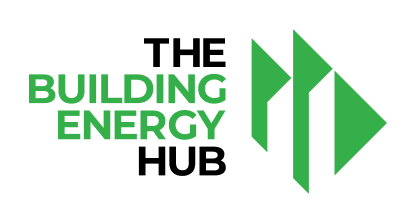Municipal Resources
Policies like
Energy Benchmarking,
Building Performance Standards, and
Stretch Codes
can help local municipalities to reduce greenhouse gas emissions and reduce energy costs in their communities. These resources will help local officials learn about different policies and if they're a right fit for their community.
Energy Benchmarking
Benchmarking is the first step towards reducing energy use. Energy benchmarking means tracking a building’s annual energy and water use by using a standard metric to compare the building’s current performance against past performance, and to similar buildings both locally and nationwide. These comparisons help building owners, operators, and managers to identify and implement energy efficiency opportunities, increase occupancy rates and property values.
Building Performance Standards
Building Performance Standards (BPS) are an innovative new policy approach to achieve efficiency and decarbonization in existing buildings. A BPS is a policy that sets specific deadlines for existing buildings over a certain size to achieve quantified standards of performance across energy use, water use, and/or greenhouse gas emissions. The standards become more ambitious over an extended period oftime, driving continuous, long-term improvement in the building stock.
Stretch Energy Codes
Stretch Codes are a pathway for municipalities to raise the energy efficiency baseline in their community. Local governments can adopt the Stretch Code in place of their base code. These new codes have been developed by the state to set higher efficiency targets and add readiness standards for the installation of electric technologies.
More Resources
What support is available to stakeholders?
The Hub has developed resources to help affected stakeholders comply with local policy initiatives including a Stretch Code Guide and Benchmarking resource.
The Hub has also developed a range of general resources to help stakeholders understand decarbonization and energy efficiency including:
- Decabonization Planning Guide,
- Operations and Maintenance Guide,
- Technology Primers,
- Industry Playbooks,
- and more!
What financial resources are available to support these policies?
There are a number of financial resources to support building energy and efficiency projects currently offered through Illinois' Utilities, Energy Office, Climate Bank and more.
The Illinois Climate Bank's Stretch Code Adoption Grant provides financing to municipalities to facilitate the adoption, implementation, and enforcement of the Illinois Stretch Energy Code. The program will provide financial support for education, community engagement, and technical assistance to ensure that municipalities are well-equipped to integrate the stretch code into their regulatory frameworks.
The Illinois Climate Bank is offering competitive Residential Solar Outreach Grants to municipalities and nonprofits to: (1) provide intensive outreach and assistance to residents with low incomes applying for the Illinois Solar for All’s (ILSFA) Residential Solar (Small) Program, and (2) provide shared services to outreach and assistance grantees.
The Hub features useful tools for all building types to find suitable funding and financing options for your next project.
Who can provide technical or policy support?
If you are looking for help in understanding how to move these policies forward in your municipalities, we can help. Our team can provide technical and policy support which can include policy research, presentations to municipal staff or others, and development of policy language. We can also help identify barriers to policy adoption and/or implementation, and work through the best ways to overcome those barriers. We can also connect you with a cohort of municipalities in Illinois that are taking these steps too. Please reach out to Ryan Wilmington for more information.























